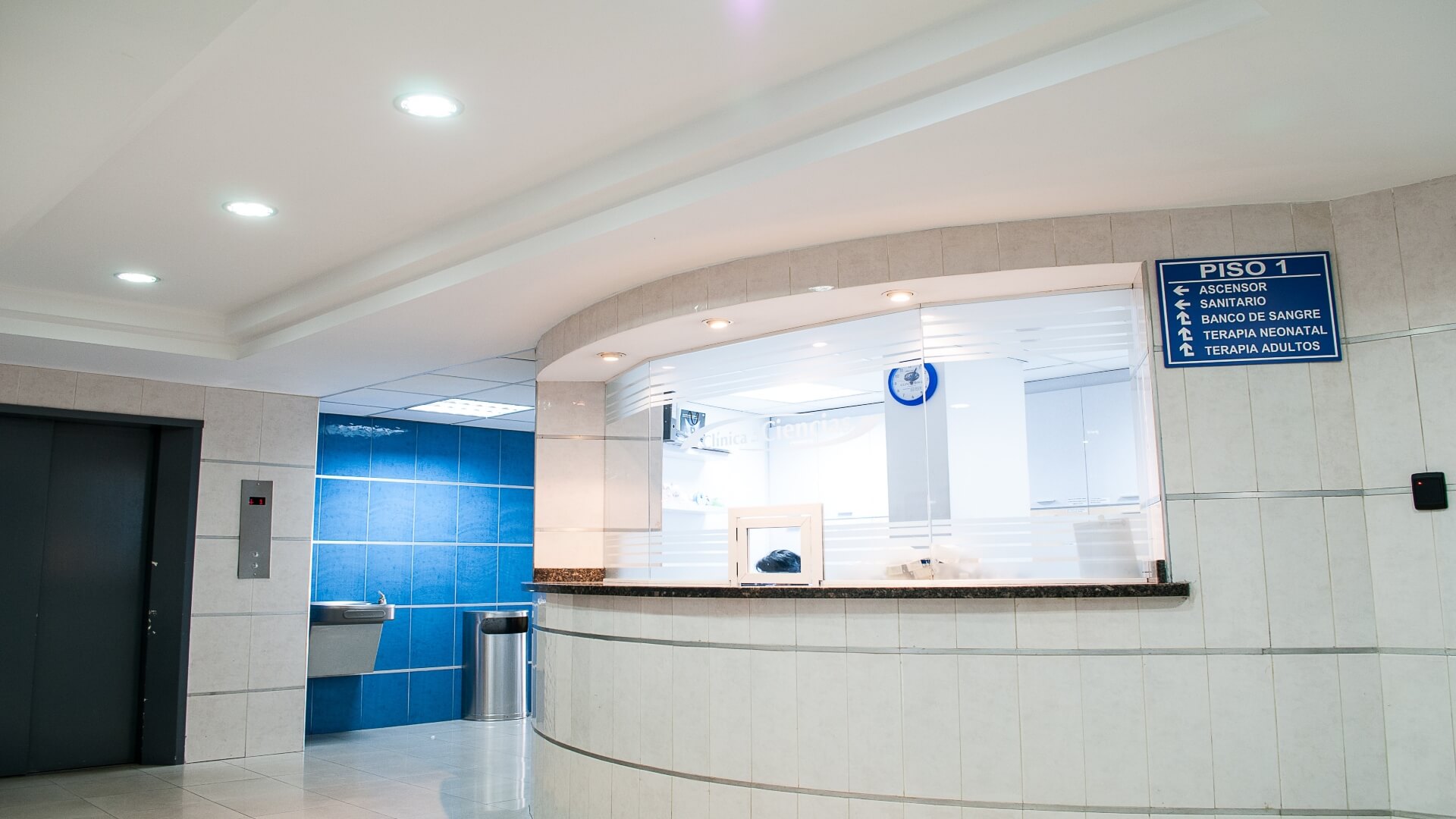Overheads in practices that aren’t focusing on efficiency can take up 60% of all practice revenue. Efficient practices can reduce that figure by half, and it isn’t hard to see why. When you’re running a well-oiled machine, you can see more patients and increase total satisfaction.
Managing a busy practice isn’t easy, but there are some steps you can take to reduce tedious and expensive overheads. Once you do, you can spend more time with your valued patients.
In this article, we’ll look at 10 practice management tips that can make your medical practice more efficient—from investing in automation to creating policies that keep your staff prepared.
10 Practice Management Tips That Make You More Efficient
We know that private health care is expensive for your patients. But by making your practice more efficient, you ensure your patients get their money’s worth whenever they come to visit.
1. Set a Clear Vision for Your Practice
Even if you’re an established practice, it can be helpful to start from scratch by looking back at your vision for the practice. That way, you can decide what kind of care you want to provide and which services you’re willing to offer. Then, you can easily identify the type of clients you’ll serve.
2. Leverage Technology Effectively
Utilize intelligent software solutions, such as patient record management or billing systems, that can help increase organizational efficiency, cut expenses, and reduce error rates. For example, Collaborate MD offers healthcare solutions for growing your practice via management tools.
3. Invest in Automation Tools
Automation can be a medical practice’s best friend, but not all tools come with this feature. Or worse, its automation capabilities make your practice run less efficiently. When done right, automation can eliminate errors, save time, improve patient access, and generate profit.
4. Manage Financials Wisely
When you monitor your budget regularly, you’re ensuring that staff payrolls are paid on time, that supplies are ordered efficiently, and that taxes are filed properly. With a comprehensive view of your finances, you can monitor key insurance plans and track collections closely.
5. Evaluate Personnel Properly
Employees are one of the most important investments a practice can make. To get the most out of your team, cultivate and foster a team-centered atmosphere where nurses, receptionists, and administrative staff work together for the benefit of patients rather than competing constantly.
6. Establish Clear Guidelines
Put regulation mechanisms in place to guide staff behaviour. This includes emphasizing proper patient interaction during onboarding, mapping workflow duties among different departments, and establishing timelines. This way, patients feel like they’re being helped in a timely manner.
At the same time, your guidelines should ensure that your staff is compliant with necessary state or federal regulations.
7. Provide Good Training
Make sure employees understand what they need to do and how they should do it by providing ample training opportunities that keep their skills sharp. You should never assume that your staff is knowledgeable about their job and duties, even if they have prior experience in healthcare.
As an employer, you should hold seminars that cover common medical procedures, topics, and security procedures. When your employees know what to do, your practice will run smoothly.
8. Monitor Satisfaction Levels
Measure engagement regularly with surveys or questionnaires throughout key stages of patient visits such as checkups, laboratory tests, or postoperative care. Not only will this help you understand what’s working in your practice, but it’ll also allow you to pivot to something better.
9. Utilize Marketing Strategies
Improve visibility and reach out to potential clients who might benefit from your services through strategic campaigns that target awareness. Online channels such as social media, mailing lists, and email campaigns are all cost-effective ways to spread the word about your practice.
10. Review Scheduling Mishaps
Medical practices often get caught up in scheduling mishaps. If a patient is 15 minutes late, it can throw the entire day off balance. An easy way to get around this is by scheduling patients 15 minutes before the actual appointment. This can also help your staff get caught up.
In Conclusion…
All medical practices will run into issues that prevent them from staying efficient, but these 10 tips should decrease the number of times they occur. Being efficient means staying on top of everything, and you can only do that if your staff is well-trained and using the right tools.



















